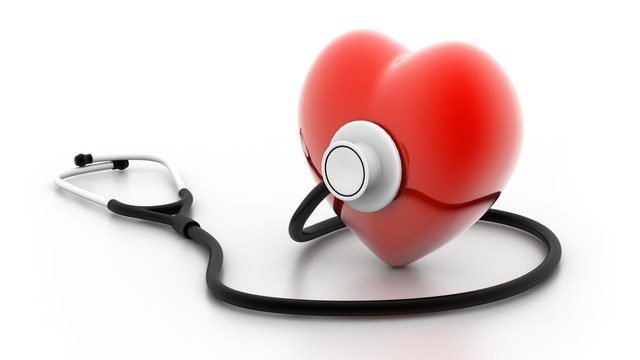 Divakaran Dileep/PhotoSpin
Divakaran Dileep/PhotoSpin
The heartbreaking loss of a pregnancy early in life may lead to increased risk of cardiovascular disease after menopause.
Women who had one or two miscarriages or stillbirths were 18 percent more likely to develop coronary heart disease later in life than women who had not lost pregnancies, according to an observational study published in the July/August issue of the Annals of Family Medicine.
Cardiovascular disease is the leading cause of death among women in every major developed country in the world, including the United States. In 2009, 24 percent of all female deaths in the United States were attributed to CVD.
The American Heart Association’s 2011 Guidelines for the Prevention of Cardiovascular Disease in Women states that the risk for CVD is high in almost all women. On average, 1 out of 2 women will develop heart disease.
These guidelines take into account whether a women ever had complications in pregnancy. A history of preeclampsia, gestational diabetes or pregnancy-induced hypertensions places a woman in the “at risk” category with one or more major risk factors.
But the research group noted that the guidelines do not address the long-term impact of pregnancy loss through miscarriage or stillbirth.
The researchers used information from 77,701 women gathered between 1993 and 1998 to study whether pregnancy loss appears to contribute to CVD later in life.
They concluded that loss of pregnancy by either stillbirth or miscarriage did not increase the risk of ischemic stroke, but did significantly increase the risk of coronary heart disease (CHD).
The group was not able to determine why the relationship exists between loss of pregnancy and CVD. They suspect that metabolic, hormonal and hemostatic changes (changes in blood clotting) that are associated with pregnancy loss may be involved.
Further research is needed to better understand this connection.
The researchers said, “Women with a history of one or more stillbirths or one or more miscarriages appear to be at increased risk of future cardiovascular disease and should be considered candidates for closer surveillance and/or early intervention.”
Roxana Mehran, MD of Mount Sinai School of Medicine in New York City agreed with the assessment and stated that physicians should include questions about stillbirth or miscarriage during screenings for cardiovascular disease risks.
She agreed that women with pregnancy loss might benefit from CVD screening at a younger age than other women.
If you have ever lost a pregnancy or have questions about your risk of cardiovascular disease, talk to your health care professional.
Sources:
Medpage Today. Pregnancy Loss Linked to Later Heart Disease. Crystal Phend, Web. July 22, 2014.
http://www.medpagetoday.com/Cardiology/Prevention/46787
Annals of Family Medicine. Risk of Cardiovascular Disease Among Postmenopausal Women with Prior Pregnancy Loss: The Women’s Health Initiative. Donna R. Parker, ScD et al. Web. July 22, 2014.
http://annfammed.org/content/12/4/302.full
American Heart Association: Circulation. Effectiveness-Based guidelines for the Prevention of Cardiovascular Disease in Women – 2011 Update. Lori Mosca et al. Web. July 22, 2014.
http://circ.ahajournals.org/content/123/11/1243.full.pdf
Reviewed July 23, 2014
by Michele Blacksberg RN
Edited by Jody Smith






Add a CommentComments
There are no comments yet. Be the first one and get the conversation started!